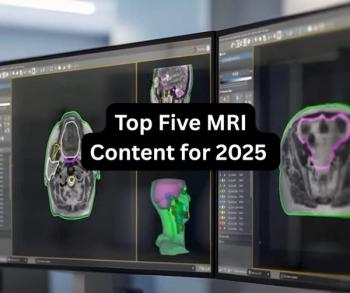
FDA: Bracco CardioGen ‘Strontium Breakthrough’ Caused by User Error
The problems lead to unexpectedly high patient radiation exposure and voluntary recall of the PET imaging agent.
The ‘strontium breakthrough’ problems leading to unexpectedly high patient radiation exposure and the July 2011 voluntary recall of Bracco Diagnostics’ CardioGen-82 PET imaging agent were probably the result of user error, the
FDA officials say the nationwide study Bracco is conducting has found that, of 375 patients surveyed at 43 clinical sites, 54 patients were planned for further radiation testing because of abnormal screening test results. All 54 patients were from two clinical sites. Both sites appear to have had insufficient documentation of compliance with the CardioGen-82 labeling recommendations for strontium breakthrough testing, the agency said.
The FDA said it’s working with the manufacturer to revise the CardioGen-82 labeling to better describe how to use the generator and to implement a plan for the return of CardioGen-82 to the market. The agency added that the apparent deficiencies in Bracco’s manufacturing process identified in its July 26, 2011,
“The recalled CardioGen-82 generators that were functional following shipping were tested by the manufacturer to identify potential structural or functional causes of strontium breakthrough,” FDA officials said in the statement. “None of the tested generators showed signs of breakthrough.”
The patients’ exposure came to light when they traveled to the United States and set off airport radiation alarms despite having had PET scans two and four months earlier. Rb-82 has a half-life of 75 seconds; strontium’s is 25 days.
The FDA said in July 2011 that it believed the risk of harm to be minimal, with the estimated amount of excess radiation the two patients received being similar to that of exposure to certain other types of heart scans.
In an October 17, 2011,
Newsletter
Stay at the forefront of radiology with the Diagnostic Imaging newsletter, delivering the latest news, clinical insights, and imaging advancements for today’s radiologists.












